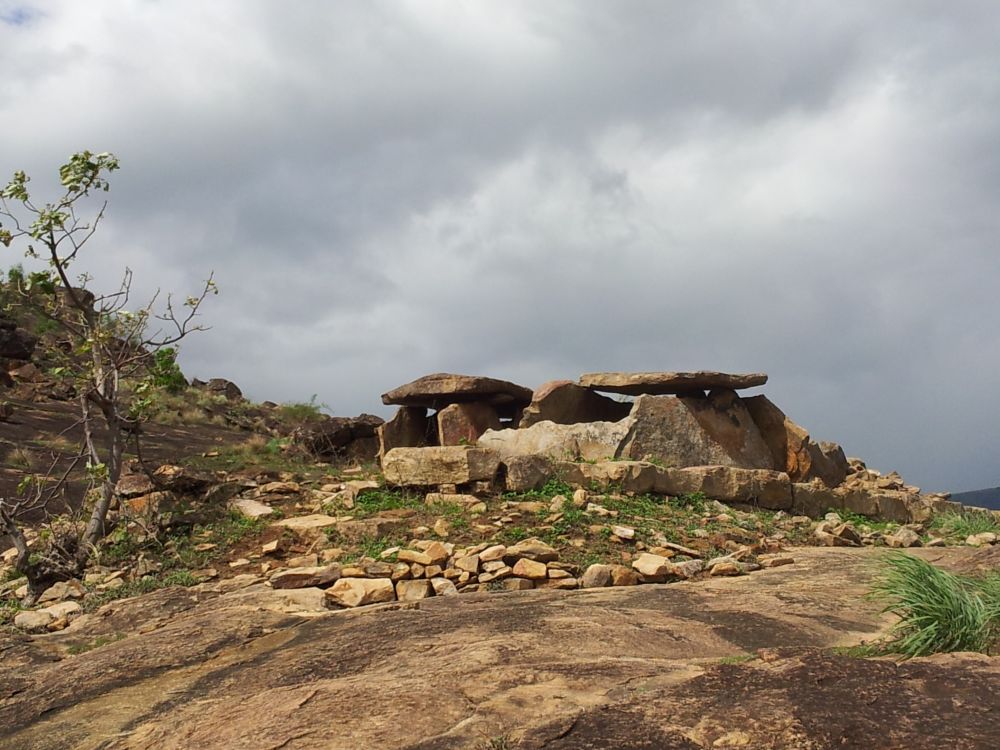

Nestled amidst the lush green hills of Munnar in Kerala, India, lies the ancient archaeological site known as Marayoor Dolmens. Dating back to the Iron Age, these prehistoric dolmens serve as a window into a civilisation long gone. The history of tourism surrounding the Marayoor Dolmens is relatively recent, with the area gaining prominence as a significant site for both history enthusiasts and tourists looking for an offbeat experience.
The dolmens, or megalithic burial sites, are believed to date back to between 1000 BC and 500 AD. These structures were created using large stone slabs and were thought to be used to bury the dead. The presence of these megaliths suggests that the Marayoor region had been an important settlement area in the past.
The tourism history of Marayoor Dolmens started gaining traction in the late 20th century when the government and private stakeholders began to recognize the potential of the region's rich heritage and natural beauty. With the growth of Munnar as a popular hill station, Marayoor - being in close proximity - started witnessing an influx of curious visitors.
To ensure that the dolmens and the surrounding areas are preserved, various conservation projects have been initiated. The efforts include restoration work on the dolmens, setting up informational signboards, and creating controlled pathways to minimise the impact of foot traffic.
The influx of tourists has positively affected the local economy with a rise in employment opportunities in hospitality and guided tours. This has also led to better amenities and services in the region, catering to the needs of visitors from all over the world.
The latest trends in tourism around Marayoor include sustainable practices aimed at maintaining the integrity of this historical site. There is a growing emphasis on eco-tourism, with several homestays and organizers promoting environmentally responsible tours to the dolmens. Agro-tourism is also gaining popularity, with visitors interested in experiencing the local culture and the cultivation of sugarcane, a significant crop in Marayoor. Another trend is the digital documentation of these sites, allowing a broader audience to experience their splendor through virtual means.
The site is accessible to the public, but visitors are encouraged to exhibit respect and care while exploring the area. The best way to visit the Marayoor Dolmens is by hiring local guides who can provide in-depth knowledge about the site's history and significance.
The Marayoor Dolmens are not just a testament to ancient engineering but a symbol of the rich cultural tapestry of Kerala. The relatively recent discovery and promotion of these historic structures as a tourist destination have become a cornerstone for sustainable tourism in the region, opening new avenues for exploration while preserving India's multi-layered heritage.